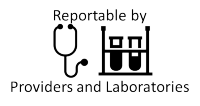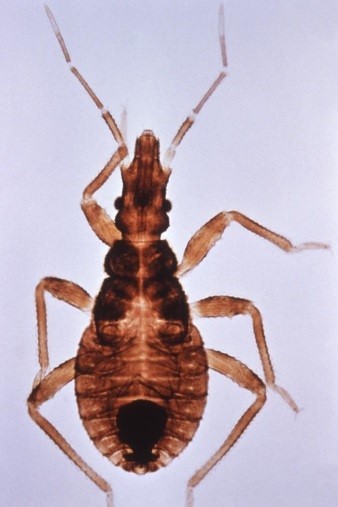Chagas


Infectious agent: Trypanosoma cruzi
Description of illness: Chagas disease, also called American trypanosomiasis, is caused by the protozoan parasite Trypanosoma cruzi. The parasite is transmitted to humans by an infected triatomine bug, or “kissing bug.” Chagas disease is comprised of acute and chronic phases. The acute phase usually occurs 1 to 2 weeks after infection and can last up to a few weeks or months. Parasites may be found in the blood during this time. The infection can be mild or asymptomatic. Symptoms, when they occur, include fever and swelling around the site where the parasite entered the host. After the acute phase, most people enter a chronic phase, during which no parasites are found in the blood. Many people remain asymptomatic for life; however, approximately 30% will develop medical problems that may be debilitating or life threatening, such as heart rhythm abnormalities that can cause sudden death or a dilated heart, esophagus or colon.